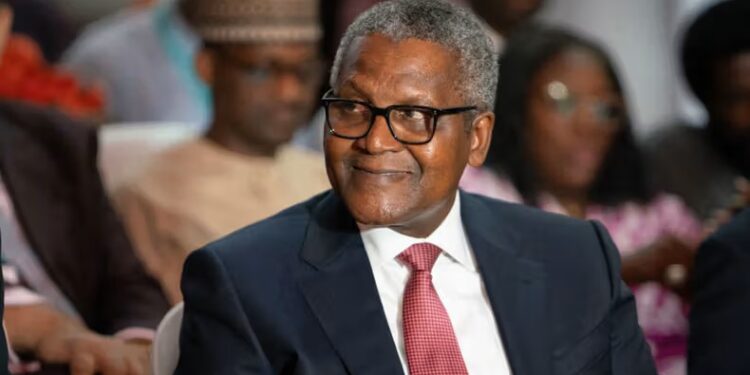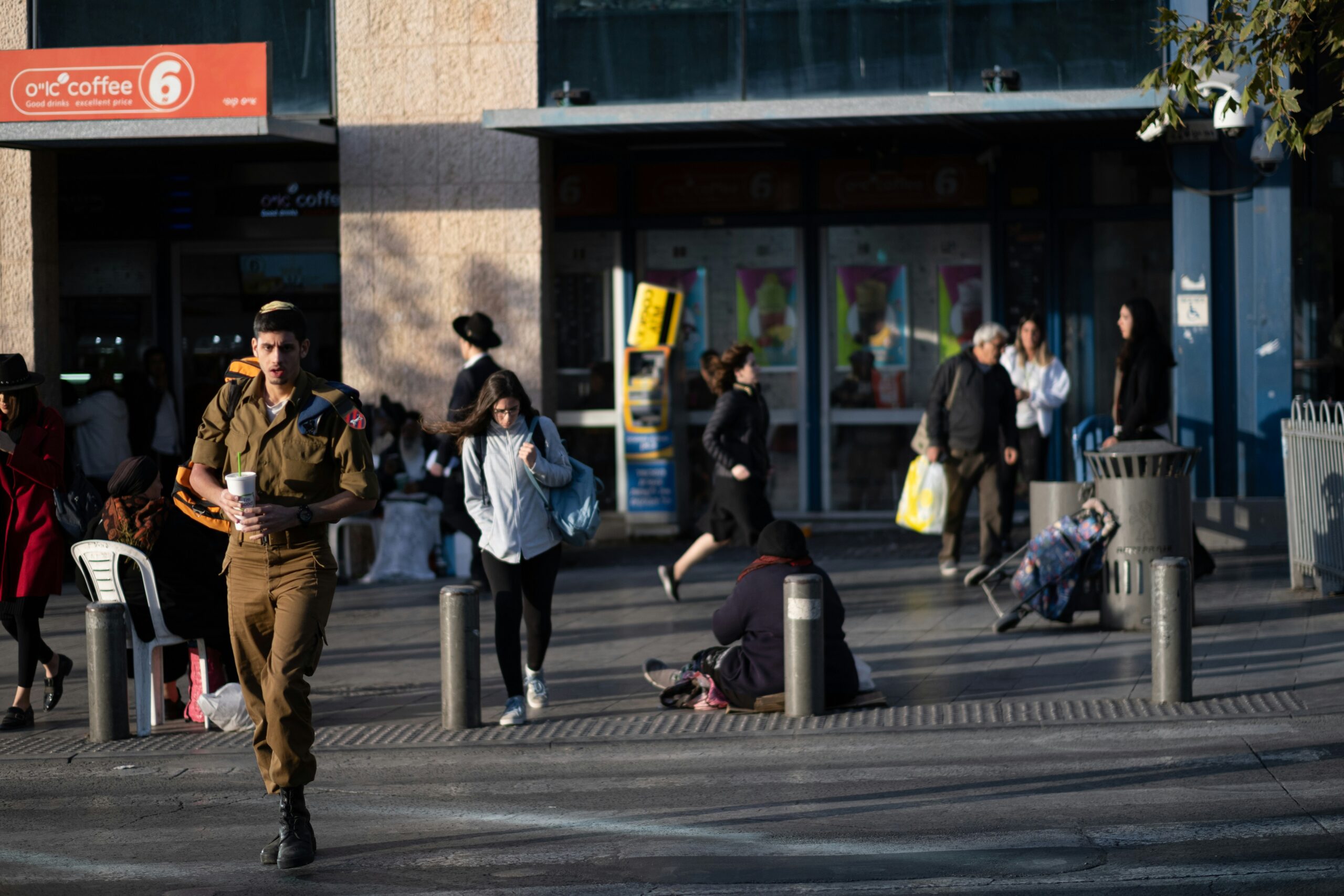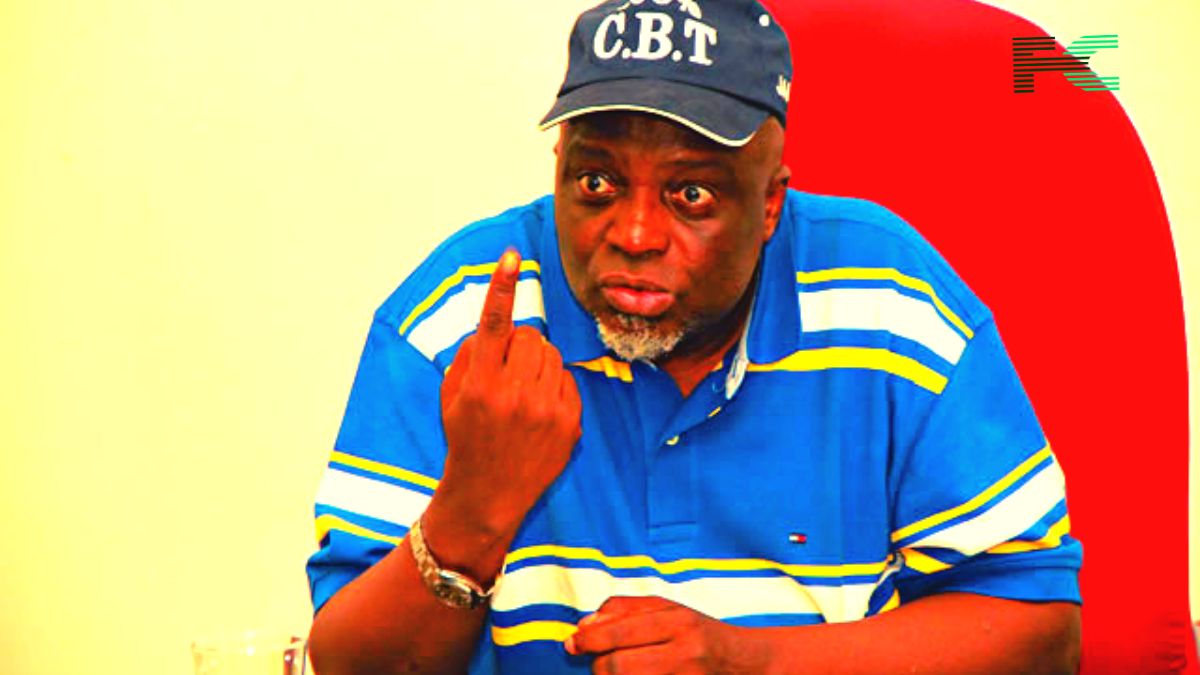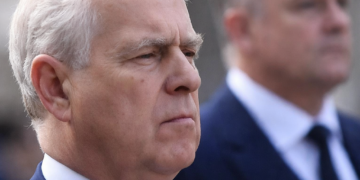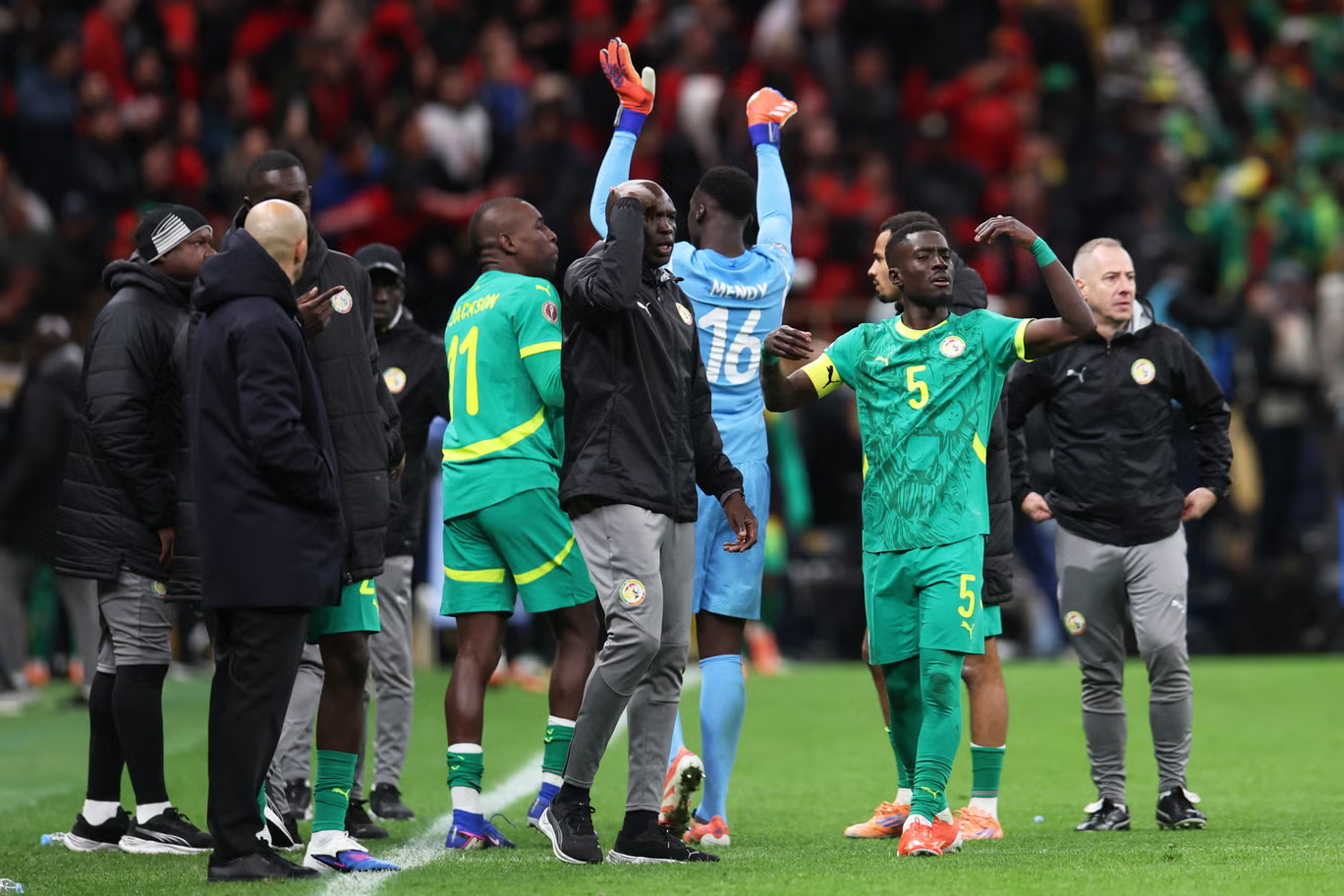When unions in Nigeria threaten to down tools, the effect is never limited to their industry alone. It spills everywhere, and the health sector is usually the first casualty, this is why the warning from Minister of State for Health, Iziaq Salako, hit harder than most government statements. He said bluntly that hospitals are 65 to 80 percent dependent on generators, which means a nationwide fuel strike would literally choke life-support systems. This is the actual picture: a strike is not just about petrol queues, it is about patients in hospitals being held hostage in the Dangote and NUPENG clash.
Hospitals in the dark
The Nigerian health system is already fragile, surviving mostly on diesel-powered generators. Salako’s admission is not news to Nigerians who know the reality of erratic electricity. But hearing a minister confirm that hospitals are almost fully at the mercy of petrol and diesel shows just how reckless a strike at this time would be. The thought of ICUs, surgical theatres, or even blood banks going dark because of a power cut is not something a country in crisis can afford.

Clash of power, not just policy
At the heart of this is not really the welfare of workers but a struggle for dominance. Dangote’s direct trucking scheme cuts off old union networks, and NUPENG sees it as an existential threat. The group is digging in with the same weapon it has always used, strike threats. Dangote, on the other hand, is pushing his refinery as a new order that should not bow to the old rules. Ordinary Nigerians, and now the health sector, are collateral damage in a war between a billionaire’s empire and a union that refuses to lose relevance.
Government begging both sides
The government’s position so far is weak. Ministers are appealing, urging, calling for dialogue, but not really taking a stand. Salako is begging both sides to “allow reason to prevail.” The Minister of Labour is asking NUPENG to suspend action. Everyone is pleading, but nobody is showing the capacity to enforce a solution. This is how crises in Nigeria drag on until people
Human rights lawyer Femi Falana has entered the fray, declaring that Dangote’s policy violates the Constitution and international conventions on the right to unionise. His intervention adds legal weight to NUPENG’s argument, but it does not solve the immediate crisis. Even if Falana is right in law, hospitals cannot survive a fuel shortage while the courts debate rights. The danger is that this turns into another prolonged standoff where the law says one thing, the billionaire insists on another, and ordinary citizens are abandoned in the middle.
The bigger risk
When unions use strikes as weapons and corporations use monopoly power to bypass workers, the country’s most vulnerable end up paying the price. A patient waiting for oxygen in Lagos does not care about Section 40 of the Constitution or Dangote’s efficiency plan. What matters is whether the generator is running.
A crisis that should not happen
The strike threat shows how dangerously unprepared Nigeria is for crises. If hospitals are that dependent on fuel, then NUPENG’s decision is more than labour activism, it becomes a public health threat. And if Dangote’s strategy ignores the right of workers to unionise, then it becomes a test of how much one company can bend national rules. The government cannot keep appealing from the sidelines. It has to step in before patients start dying from a fight that was never theirs.

